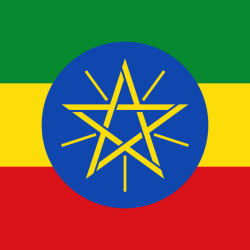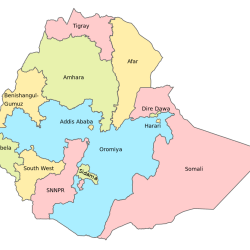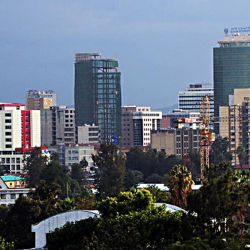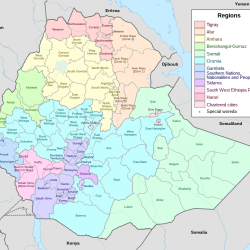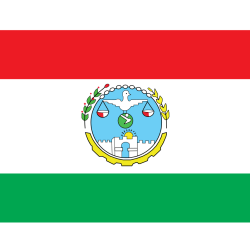The Constitution of Ethiopia. Article 20: Rights of Persons Accused
1. Accused persons have the right to a public trial by an
ordinary court of law within a reasonable time after
having been charged. The court may hear cases in a
closed session only with a view to protecting the right to
privacy of the parties concerned, public morals and
national security.
2. Accused persons have the right to be informed with
sufficient particulars of the charge brought against them
and to be given the charge in writing.
3. During proceedings accused persons have the right to be
presumed innocent until proved guilty according to law
and not to be compelled to testify against themselves.
4. Accused persons have the right to full access to any
evidence presented against them, to examine witnesses
testifying against them, to adduce or to have evidence
produced in their own defence, and to obtain the
attendance of and examination of witnesses on their
behalf before the court.
5. Accused persons have the right to be represented by legal
counsel of their choice, and, if they do not have sufficient
means to pay for it and miscarriage of justice would
result, to be provided with legal representation at state
expense.
6. All persons have the right of appeal to the competent court
against an order or a judgement of the court which first
heard the case.
7. They have the right to request for the assistance of an
interpreter at state expense where the court proceedings
are conducted in a language they do not understand.
Article 21
The Rights of Persons Held in Custody and Convicted
Prisoners.
1. All persons held in custody and persons imprisoned upon
conviction and sentencing have the right to treatments
respecting their human dignity.
2. All persons shall have the opportunity to communicate
with, and to be visited by, their spouses or partners, close.
relatives, friends, religious councillors, medical doctors
and their legal counsel.
Ethiopia’s Rights of Persons Accused & Rights of Persons in Custody: A Detailed Analysis of Articles 20 and 21
The protection of human rights within the justice system is essential for upholding the rule of law. Ethiopia’s Constitution safeguards the rights of both accused persons and convicted prisoners under Article 20 and Article 21. These provisions ensure fair trials, legal representation, humane treatment in custody, and access to communication with family and legal counsel.
However, delays in trials, limited access to legal representation, and poor prison conditions remain challenges in fully realizing these rights. This article examines these constitutional protections and the issues affecting their enforcement.
Rights of Persons Accused (Article 20)
Right to a Public Trial
All accused persons have the right to a fair and public trial within a reasonable time after being charged.
Exceptions for Closed Sessions
- Protecting privacy of victims in sensitive cases.
- Safeguarding public morals in cases involving explicit or disturbing content.
- National security reasons, such as terrorism-related cases.
Right to Be Informed of Charges
- The accused must be given a written document detailing the charges against them.
- The information must be clear and understandable to allow proper legal defense.
Presumption of Innocence
- The accused is innocent until proven guilty in a court of law.
- The burden of proof lies with the prosecution and not the accused.
- The accused cannot be forced to testify or provide evidence against themselves.
Right to Access Evidence and Examine Witnesses
- The accused has full access to all evidence presented against them.
- They can cross-examine witnesses testifying against them.
- They can present their own witnesses and evidence to defend themselves.
Right to Legal Representation
- Accused persons have the right to hire a lawyer of their choice.
- If they cannot afford legal representation, the state must provide one if a miscarriage of justice could occur.
Right to Appeal
- The accused has the right to challenge a court’s verdict in a higher court.
- This ensures that wrongful convictions can be corrected.
Right to an Interpreter
- If court proceedings are in a language the accused does not understand, the state must provide an interpreter free of charge.
Rights of Persons Held in Custody and Convicted Prisoners (Article 21)
Right to Humane Treatment
- All detained and imprisoned persons must be treated with dignity and respect.
- Torture, physical abuse, and degrading treatment are prohibited.
- Prison conditions must meet basic human rights standards, including access to food, water, healthcare, and hygiene.
Right to Communication and Visits
Prisoners and detainees have the right to communicate with:
- Spouses or partners
- Close relatives
- Friends
- Religious counselors
- Medical doctors
- Legal counsel
This ensures that detainees are not isolated from their families and support systems.
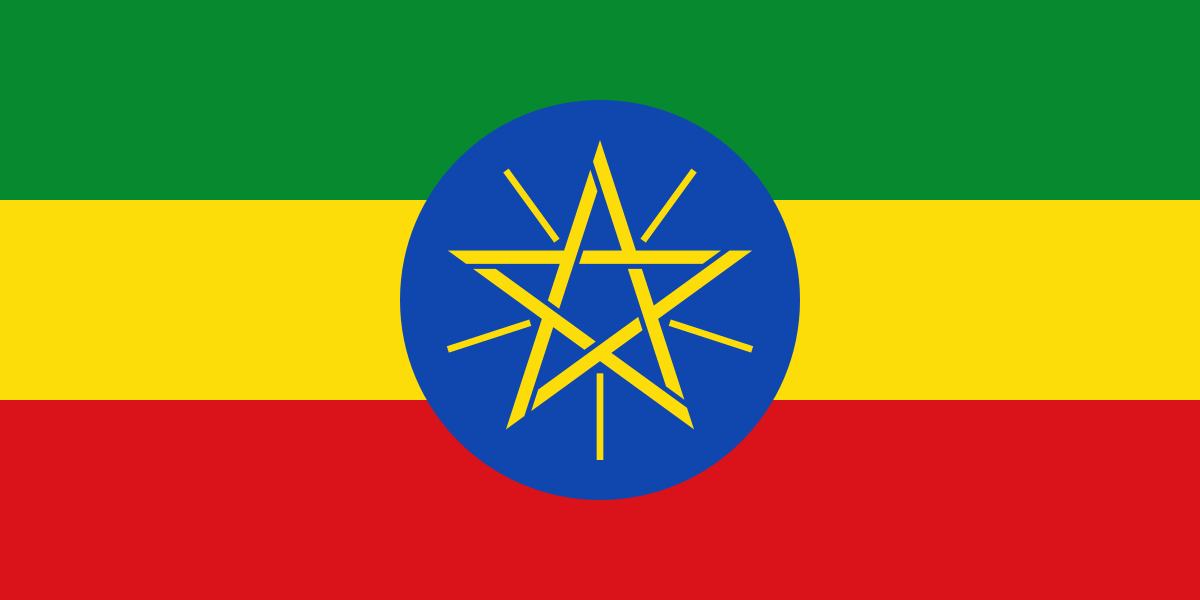
Government’s Role in Ensuring Fair Trials and Prisoner Rights
Judicial Responsibilities
- Courts must ensure trials are fair and timely.
- Judges must prevent forced confessions and wrongful convictions.
- The state must provide free legal representation for indigent accused persons.
Prison System Accountability
- Prison authorities must respect human rights laws and prevent abuses.
- Independent bodies should monitor prison conditions and report violations.
